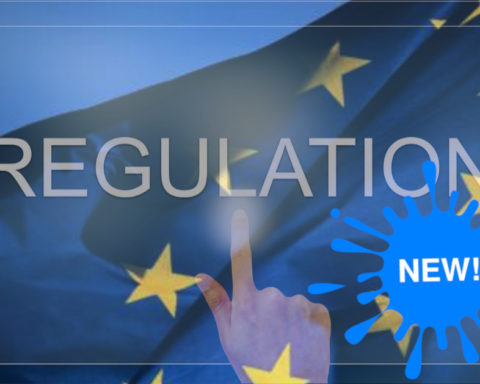As reported in our earlier post, as part of the US Government’s announcement that the United States was exiting the Joint Comprehensive Plan of Action (“JCPOA”), the US set out separate 90-day and 180-day time frames for the wind down of activities consistent with the sanctions relief in the JCPOA, following which the secondary sanctions lifted pursuant to the JCPOA would be re-imposed. The first of these time frames — 90 days after the May 8 announcement – expired on August 6, 2018.
By Megan Barnhill, 21 August
In connection with the expiration of the initial wind down period, President Trump issued Executive Order 13846, effective as of August 7, 2018, which re-imposes sanctions that were revoked in connection with the implementation of the JCPOA. As of August 7, the following sanctions were re-imposed:
- Sanctions on the purchase or acquisition of US dollar banknotes by the Government of Iran;
- Sanctions on Iran’s trade in gold or precious metals;
- Sanctions on the direct or indirect sale, supply, or transfer to or from Iran of graphite, raw, or semi-finished metals such as aluminum and steel, coal, and software for integrating industrial processes;
- Sanctions on significant transactions related to the purchase or sale of Iranian rials, or the maintenance of significant funds or accounts outside the territory of Iran denominated in the Iranian rial;
- Sanctions on the purchase, subscription to, or facilitation of the issuance of Iranian sovereign debt; and
Sanctions on Iran’s automotive sector.
As of August 7, 2018, non-US persons engaging in these types of activities are at risk of the imposition of secondary sanctions by the US government.
Secondary sanctions do not apply to all activities by non-US persons involving Iran. For example, non-US, non-Iranian persons may collect payment owed for goods or services fully provided or delivered prior to August 6, 2018, pursuant to a written contract or agreement entered into prior to May 8, 2018. In addition, the authorizations allowing for the sale of agricultural commodities, food, medical devices, and medicine remain in effect.
Further, the US government has indicated that transactions by non-US persons related to the export of consumer goods to Iran that are not targeted by US sanctions and do not involve persons on the SDN List, US persons or the US financial system would not give rise to the imposition of secondary sanctions. The extent to which a particular transaction by a non-US person will give rise to US secondary sanctions risks will depend on the particulars of the transaction.
- 90-Day Wind Down Period Expires; First Wave of US Secondary Sanctions Against Iran Re-Imposed - August 21, 2018
- Export Control Considerations: Beyond the Authorization - December 8, 2017
- Trump Administration Unveils Strategy on Iran - October 19, 2017






